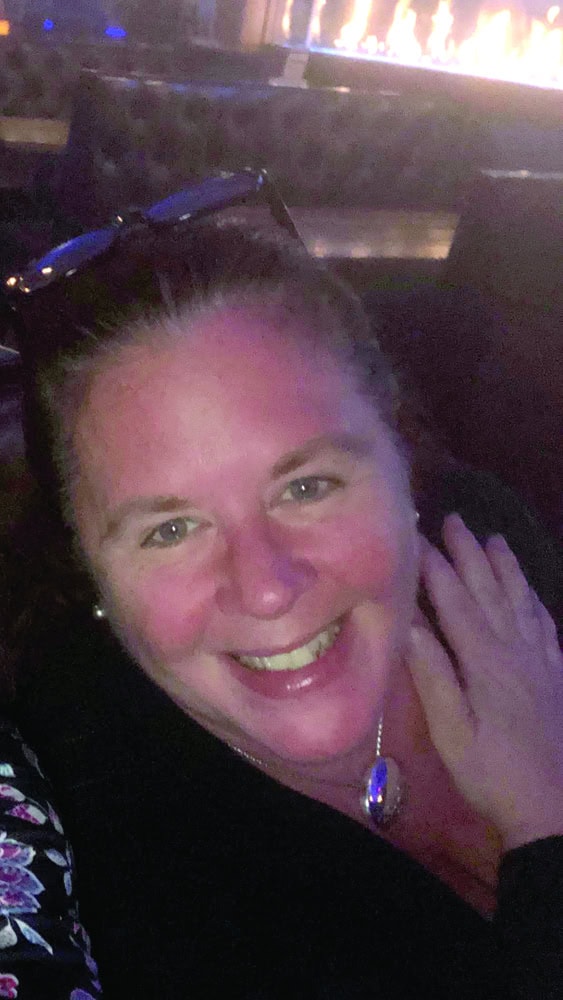

Every October, as part of Breast Cancer Awareness Month, health experts press women to get screened for breast cancer starting in their 50s.
The advice reached Shamong Township resident Jennifer Schultz in 2019, when her doctors detected stage one HER2-positive breast cancer during a regular mammogram. She has since undergone chemotherapy, surgery and radiation to remove the cancerous cells.
The American Cancer Society says breast cancer is the most common kind in American women, next to that of the skin. There is a one in eight chance a woman will develop the cancer, the society warns on its website, Cancer.org.
“I had finished my radiation right before the (COVID-19) pandemic hit, and within a week from there the virus hit (New Jersey),” Schultz recalled. “Most of my visits have been tele-health, and unfortunately, because I can get in by myself, my husband cannot get in.”
Doctors at Pennsylvania Medical Center in Cherry Hill informed Schultz she will not be declared cancer free until July of next year, but her treatments are finished and she receives routine mammograms and MRI (magnetic resonance imaging) screenings.
But the discovery of cancer a year ago came as a shock to the 53-year-old because she had no obvious symptoms. Schultz credited early detection and intervention for stopping the cancer’s progress.
What took the active resident by surprise was that, despite doctors outlining her treatment plans, “it was never smooth sailing,” she noted. Complications came and went as her body negatively reacted to a chemotherapy treatment, causing her to contract pneumonitis, or inflammation of the lungs. Other side effects occurred as doctors stabilized her health, then administered a different treatment method.
Through doctor visits and bed rest, Schultz said the cancer offered a new outlook on life.
“You start thinking about all of your loved ones and what it can do to everyone, because it does not just affect the patients, it affected my husband, daughter and friends,” she continued. “It made me see how loved I am and how blessed I am to have these relationships in life.”
A reality she had to accept was her husband, Jim, being the primary caretaker. She would do cleaning and cooking when she got home from work, but as she progressed with radiation, her husband’s support grew tenfold as he helped transport her to and from visits and kept their home in order as she rested.
Unable to return to work due to exhausted benefits, Jennifer spent time catching up with people she keeps close to her heart. After doctors determined she was healthy enough to resume physical activity, Jennifer put her helmet on and started pedaling around town and through bike paths. Biking became a form of meditation as she breathed the air outside and immersed herself in “the beauty of life.”
Campaigns on breast cancer research and early detection ramped up virtually this year due to the pandemic. The National Breast Cancer Foundation and other awareness organizations have partnered with gynecologists, clinics and other medical offices to provide free screenings.
The Centers for Disease Control and Prevention (CDC) has amplified calls for men to explore family health histories, since they, too, can get breast cancer. According to the federal agency, men should be screened for BRCA1 or BRCA2 genetic mutations and seek intervention via a clinical exam, self examination or prostate exam.
“It brings about awareness even if you don’t have any symptoms,” Schultz advised. “You need to take your mammograms very seriously. That type of breast cancer I had is a very aggressive form of it, and it was caught at stage one.
“Who knows if it had gone on?”









